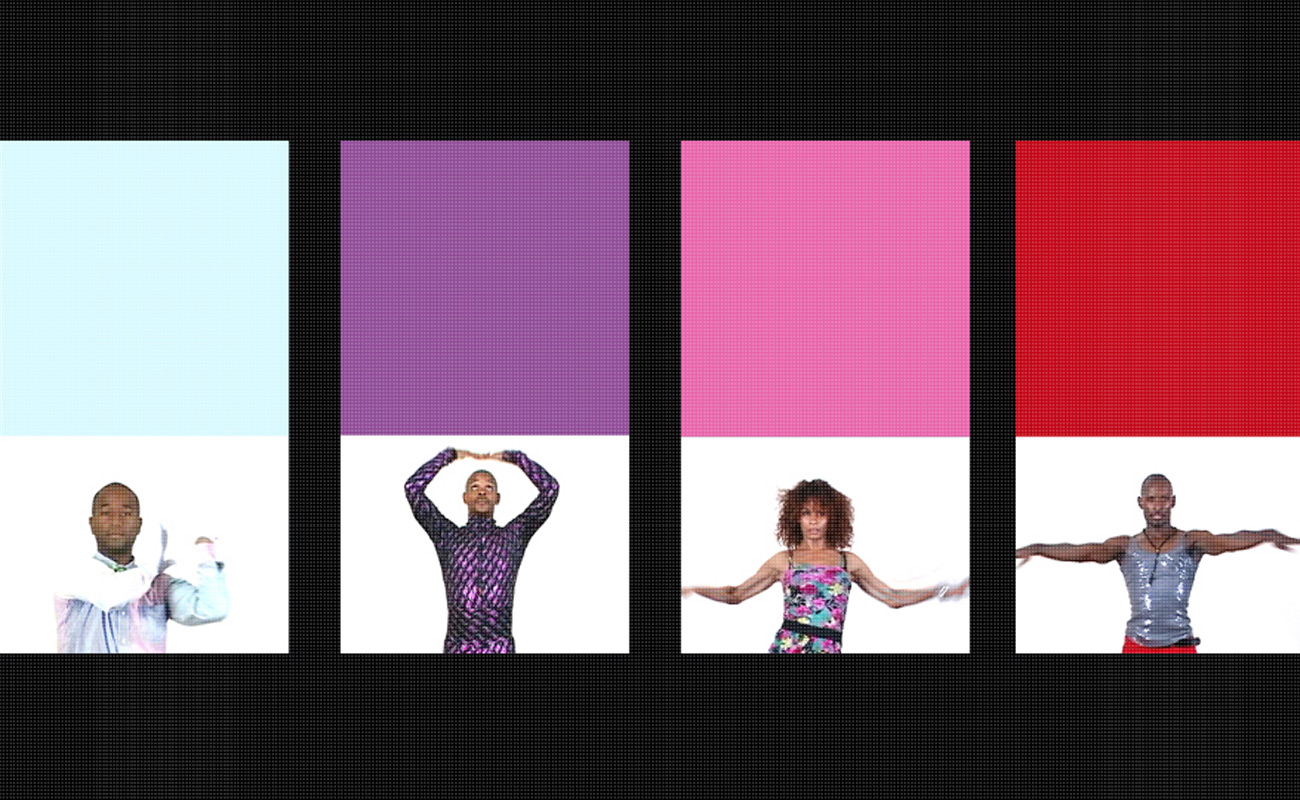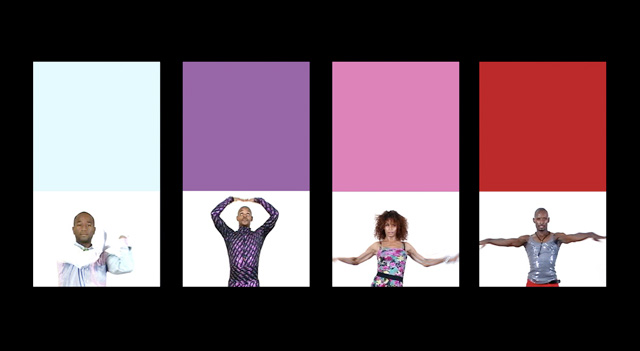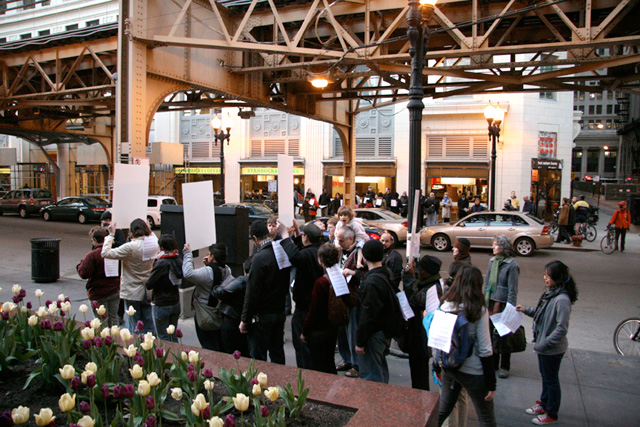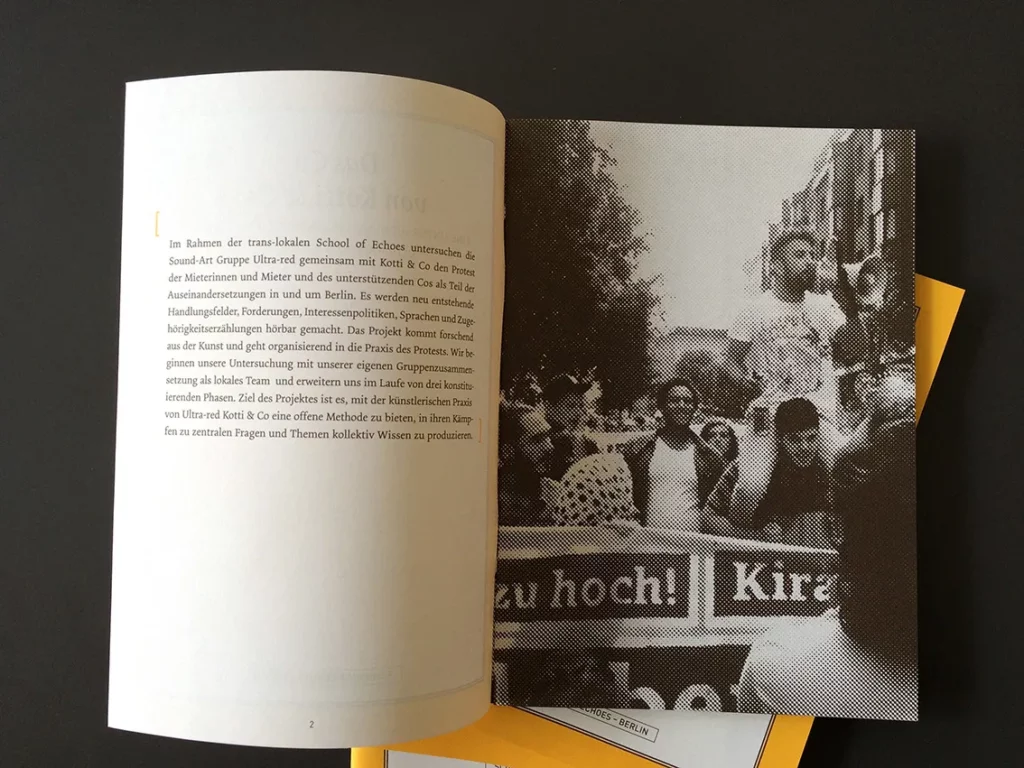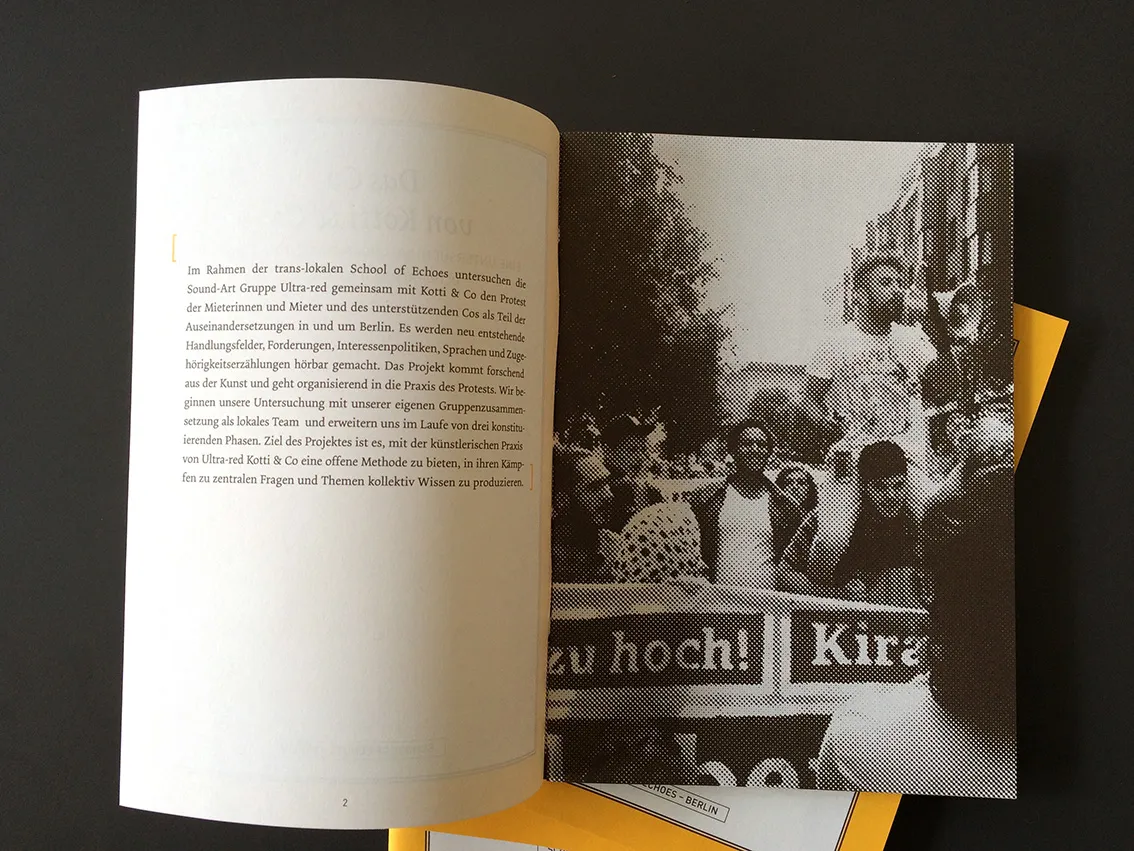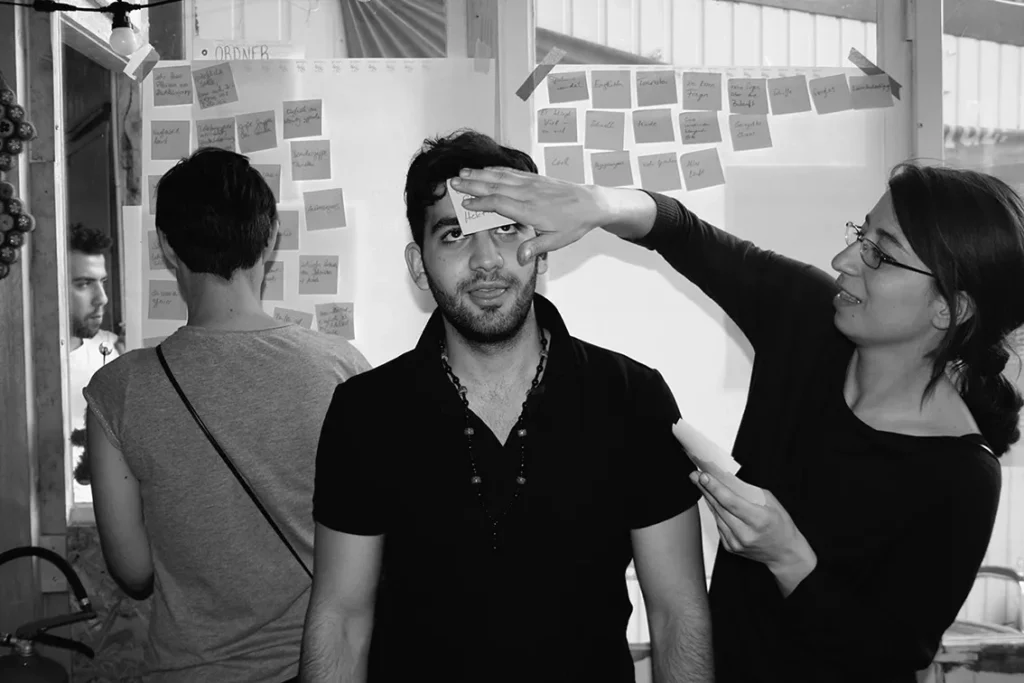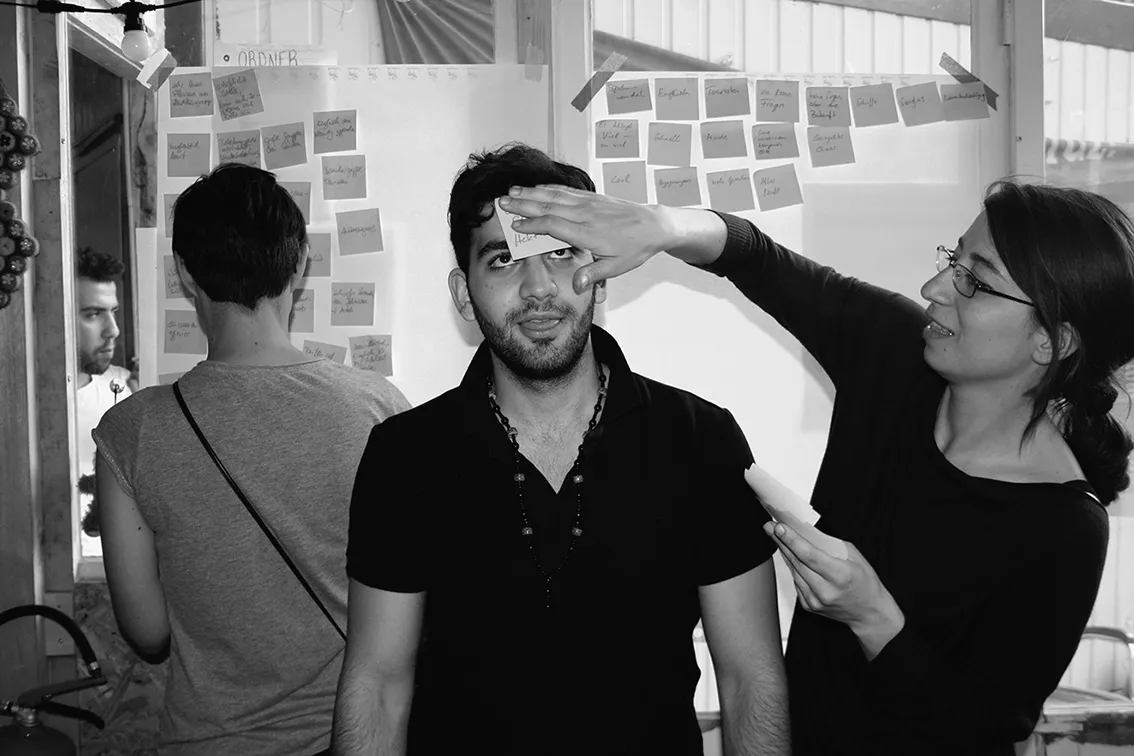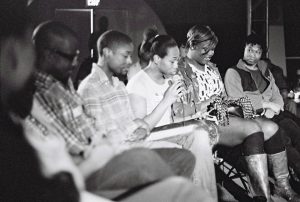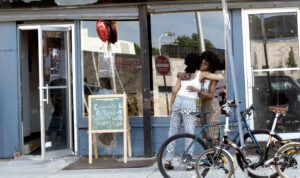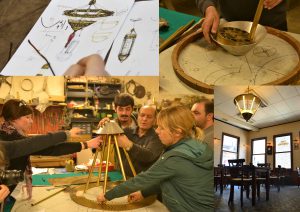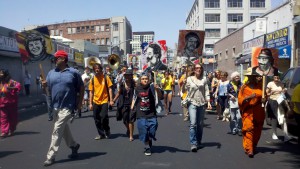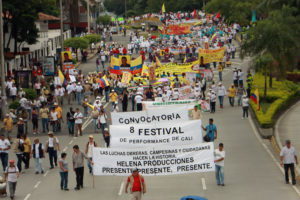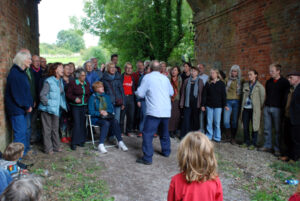Period
2001 - 2011
Proposed by
Anna Colin
Simon Sheikh
Location
Various locations
About the project
In the current discourse around the efficacy of social process art, the presumption is made that the artist concludes the investigation and withdraws from the community. Often that terminus occurs at the precise moment aesthetic processes of reflection arrive at the terms of critical analysis — an analysis demanding political action. What happens, however, when the artist does not leave? In a related question, how do constituencies participating in a social process retain their specificity of practice and thematic content while learning from and teaching other constituencies? These questions become increasingly urgent as neoliberalism appropriates the language of community autonomy. Presuming a temporary contract of mutual learning between artist and community, contemporary social art has uncritically adopted the terms of autonomy and locality even as those terms become watchwords for domestic austerity.
Since 1994, Ultra-red has attempted to address these issues through decades-long engagements with specific political movements and communities in the struggle. School of Echos investigates ways that geographically and politically diverse communities can learn from each other in their specific struggles against poverty and its intersection with racism, gender justice, migration struggles, housing, health, and education. Ultra-red has historically arranged its procedures around the question, “What did you hear?” Now we ask, “What did you learn?”
School of Echos engages communities of political struggle in three locations; the rural poor in County Devon in the southwest of England, the genderqueer community of colour in New York City’s House|Ballroom scene, and the small working-class city of Maywood in southeast Los Angeles County. These are constituencies with whom specific Ultra-red members have been politically active for ten to twenty years.
For the project’s first year, School of Echos helps the three groups develop an analysis that maps intersecting struggles and concerns within the specific sites. That practice sets the stage for the second year. For year two, School of Echos begins to develop intersections of learning across the sites. In this part of the project, the constituencies learn and teach from each other based on the themes that emerged from their use of the protocols.
External links
About the artist
Founded in 1994 in Los Angeles, Ultra-red introduced ourselves internationally through a series of landmark audio recordings for the German electronic music label Mille Plateaux. That work displayed their involvement in AIDS activism (Second Nature, 1999) and the struggles of public housing (Structural Adjustments, 2000). Expanding their membership in 2005, Ultra-red pursued projects in Germany (Play Kanak Attack, 2001-2003), Britain (Rural Intavenshun, 2007), and New York (Vogue'ology, 2009-present). The collective has since refined its practice around simple performance tools facilitating collective listening. These tools, often taking the form of text-scores or protocols, have begun to circulate in the larger fields of activism and education. Ultra-red's investigations have received support from museums (Tate Britain and Serpentine Gallery), experimental music festivals (Arika, Edinburgh), universities (The New School, New York), NGOs (Fritt Ord Institute, Oslo) and political organizations (Rosa Luxemburg Foundation, Berlin). For SCHOOL OF ECHOES, Ultra-red are Elizabeth Blaney, Pablo Garcia, Chris Jones, Elliot Perkins, Dont Rhine, Robert Sember and Leonardo Vilchis.
